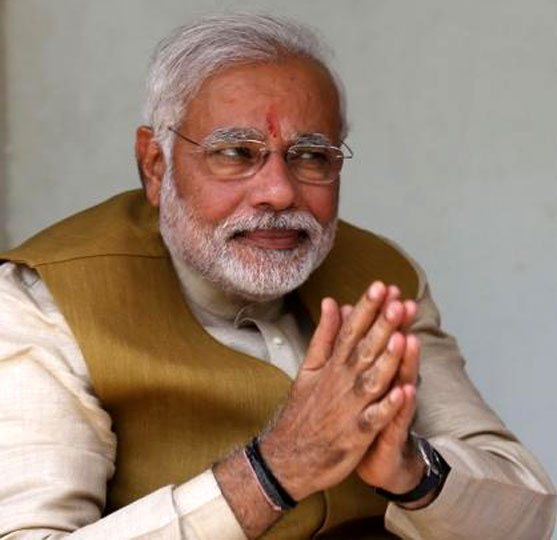
It is odd how governments don't learn from their predecessors' mistakes, says T N Ninan.
It's a favourite term with editorial writers: "bite the bullet", they say, when advising the government of the day to take tough financial decisions that are bound to be unpopular with people. Most of the time, it is bad advice.
The term itself is archaic, as it harks back to pre-anaesthesia days when patients going under the surgeon's knife had to "bite the bullet" to avoid involuntarily biting off their tongues.
In these days of permanent elections, governments should be (unlike Mr Suarez on the football field) "willing to bite but afraid to wound".
Two thousand years earlier, Kautilya advised in the Arthashastra that taxation should not be felt to be heavy, and increases should be graduated.
In other words, if the ruler wants to collect more money in whatever form, do it gently, causing as little pain as possible.
…
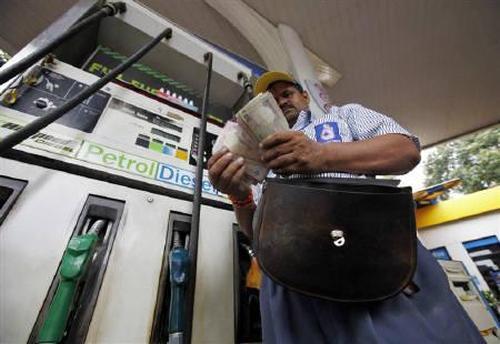
The best example of how this works is the monthly increase of 50 paise in the price of diesel.
You don't (or barely) notice that the price has increased, but it has for several months; the subsidy on diesel has shrunk dramatically, and could soon disappear.
Instead of learning from this, though, the Narendra Modi government made its first mistake by announcing a sharp hike in rail fares, and an even stiffer hike in suburban fares.
There has been the predictable blowback, and a rollback. Political damage has been done, and the government has become nervous about announcing the overdue hikes in the prices of everything from cooking gas to fertiliser. Talk of counterproductive "boldness".
…
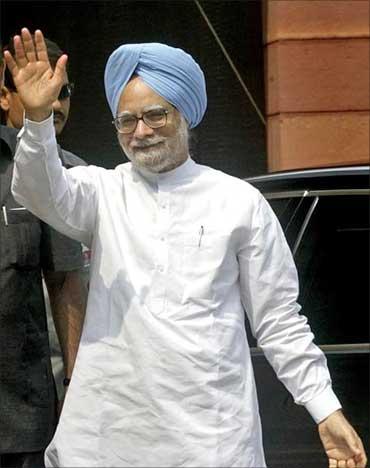
It is odd how governments don't learn from their predecessors' mistakes. Rajiv Gandhi had an even bigger honeymoon than the one Mr Modi is currently enjoying, when he became prime minister.
One year into office, he announced a sharp hike in oil product prices shortly before the 1986 Budget; he never recovered his old popularity. In 1991, Manmohan Singh announced in his first Budget a steep increase in fertiliser prices.
Congress politicians revolted in the same way that BJP ones have done in the wake of the fare hike.
Dr Singh had to announce the inevitable rollback, as did V P Singh when he as prime minister announced an oil products price hike.
...
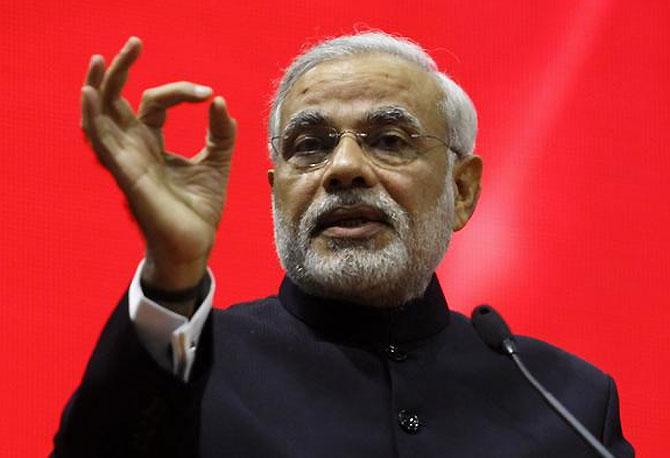
With so much history to learn from, how did Mr Modi stumble? I hesitate to blame editorial writers, since he probably doesn't read them!
The government should follow a simple rule: each price hike should be too small to provoke protest, but the cumulative impact of a series of steps taken in fairly quick succession should be substantial.
The end result will be the same, but no political gauntlet will have been run and bullets can be reserved for guns rather than used between teeth.
…
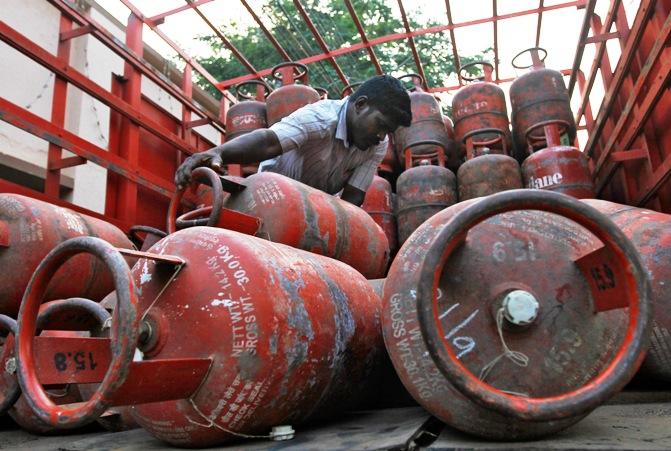
This strategy will run a risk only in West Bengal, where a one-paisa hike in bus fares in the 1970s provoked the burning of state transport buses.
In the rest of the country, people will pay up without complaining. Companies learnt this long ago - when did you last register that toothpaste prices had been raised?
And so, as Kirit Parikh has suggested, cooking gas prices should be raised by Rs 5 every month. Better would be Rs 10, because the subsidy is so large that it will take years before it can be whittled down to nothing.
…
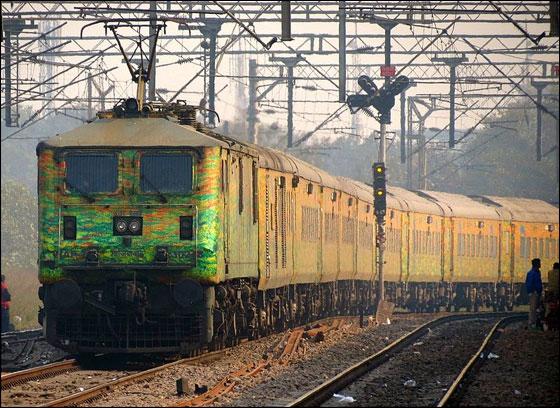
The railways can raise fares every travel season without going to Parliament; there is no greater need for a railway Budget to be presented than there is for a postal budget, or transport budgets in states.
Ditto with fertiliser prices, which should be raised as often as procurement prices, and announced together.
Before you realise it, people would have got used to paying for what things cost, and the Centre's fiscal deficit would have shrunk by two per cent and more of gross domestic product.
The genuinely poor should be compensated through income transfers.